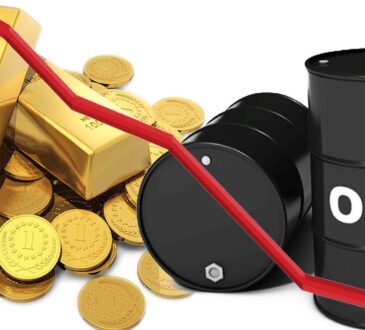
The International Monetary Fund (IMF) has indicated that the Ghanaian government may consider reintroducing the suspended 15% value-added tax (VAT) on electricity if the country’s inflation rate continues to decline.
The VAT on electricity was initially put on hold following significant public backlash, with many Ghanaians, particularly residential consumers, expressing concerns about the financial burden it would impose.
In its July 2024 Country Staff Report, the IMF hinted that the government might move forward with the VAT implementation if inflation becomes more manageable. “On the revenue side, the implementation of VAT on residential electricity (expected yield 0.17 percent of GDP) was suspended due to strong social resistance. The authorities are committed to implementing this measure when the inflation dynamics are more conducive,” the report noted.
The VAT on residential electricity was originally part of a series of revenue-generating measures under the IMF-supported COVID-19 recovery plan. A letter from the Ministry of Finance, signed by former Minister Ken Ofori-Atta and dated January 1, 2024, directed the Electricity Company of Ghana (ECG) and Northern Electricity Distribution Company (NEDCo) to implement the VAT for residential customers exceeding a specific consumption threshold.
However, the government suspended the VAT on February 7, 2024, after Organised Labour threatened nationwide protests. The Ministry of Finance, in response to the backlash, instructed ECG and NEDCo to hold off on implementing the tax while further consultations with key stakeholders, including Organised Labour, took place. The Ministry expressed hope that these discussions would lead to innovative, robust, and inclusive solutions to bridge the fiscal gap while enhancing economic resilience.
Recent data from the Ghana Statistical Service shows that annual inflation has slowed to 20.9% in July, marking a 28-month low. This is a decrease from the 22.8% inflation rate recorded in June 2024, and the slowest inflation rate since March 2022.







